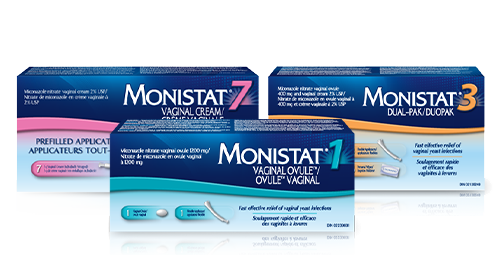What Increases Your Risk for Yeast Infections?
There are a number of things that can throw off the balance of the vaginal environment and increase your risk for developing a yeast infection. These include:
Antibiotics
An unpleasant side effect of taking antibiotics is that they may alter the normal balance of bacteria in the vagina, leading to an overgrowth in Candida.
Menstruation
Frequent yeast infections may occur due to changes in hormone levels during a woman’s cycle. This will vary from woman to woman and should be treated the same way, whether or not it’s during menstruation.
Menopause
Changes in normal vaginal tissue such as drying or thinning, which occur during menopause, can increase your likelihood of developing a yeast infection
Pregnancy
Because of increased levels of estrogen, a pregnant woman is more susceptible to recurring yeast infections up until the time of delivery. This may make it difficult to cure an infection completely during pregnancy; therefore, a doctor should be consulted.
Diabetes
Abnormally high sugar levels create a breeding ground for yeast. People with diabetes must take measures to control their blood sugar levels to help prevent vulvovaginal candidiasis.
Make it better fast with Monistat®
Get fast, effective relief of vaginal yeast infections with MONISTAT® products. MONISTAT® products offer a variety of effective treatment options including soft, soothing Ovule™ inserts, fast-melting suppositories, and slim, disposable prefilled applicators that are designed to be fast and easy to use. Explore our products >

